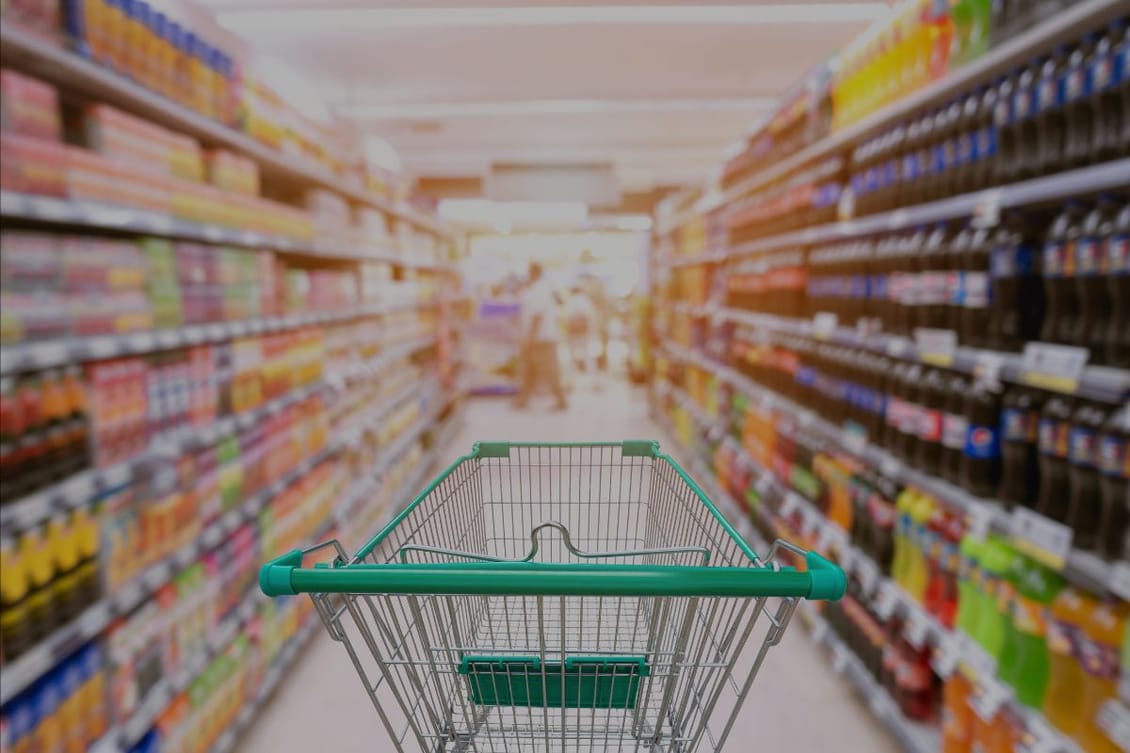
Private label products are becoming increasingly important for food retailers – because consumer demand is on the rise.
The global private label F&B market is expected to grow at a CAGR of 6.39% between 2023-2027, when it’ll reach USD $281.15 billion.
In the US, private label F&B sales rose by 8% in the first half of 2023, outperforming national brand sales (which fell by 3.4%).
And the demand for private label products is also growing in the Middle East – with a projected CAGR of 6.5% during the forecast period of 2018-2025. In the UAE in particular, a report from ADN Brand Partnerships estimated that 46% of value-conscious consumers always choose private label products. Globally, the Middle East and Africa region reports the highest perception improvement for the quality of private label products.
Speaking of the perception of quality – research shows that things are changing in the private label sector around the world.
A study in Slovakia found that conventionally, consumers categorised private label products by low quality and low cost. But over the decade between 2008-2018 the perception of private labels changed significantly – with product quality improving, alongside positive changes in packaging and design. The study also noted that individual customers each have their own criteria when it comes to private label perception – different people showed a preference for different factors.
Similarly, a 2023 report by the Food Marketing Institute (FMI) found that consumer perceptions on private labels have changed. When asked what made them buy private label products, 30% cited quality, 26% said taste, and 16% cited meeting meal solutions.
The report noted that shoppers see that “private brands are just as good as name brands in a number of key areas,” with 59% of respondents saying that private brands were just as healthy as national brands; and 63% believing they’re just as innovative as national brands.
The FMI also found that consumers in the US are increasing their private label purchases. While 60% say they’re buying ‘much more’ or ‘somewhat more’ than in the previous year, only 26% are buying more national brands; and 90% say they’ll continue to purchase private label products even if inflation slows or reverses.
As well as improved perceptions of quality, a number of other factors are driving the increased demand for private label F&B.
Those factors include the benefits of lower prices during the pressure of uncertain economic conditions – offering consumers the opportunity to shrink or maintain their household grocery budgets.
And greater retail control over own brand products means they can provide customers with more relevant, tailored options. Retailers gain firsthand insights into customer needs and purchasing decisions, and often have the agility to modify their product lines and inventory to suit changing demand – which gives consumers access to the products they really need and want.
All of the factors driving the growth of private label brands mean this is an increasingly important sector of the food industry. Increasingly, retailers are investing in improving the quality of their own brand products, and this is driving private label innovation – developing products that are relevant, good value, and garnering good customer feedback and improved reputation.
Strong growth is projected in this space over the coming years. Consumers will continue to look for good quality products at a manageable cost. And more and more consumers are recognising that own-brand labels can meet their household needs; so they won’t switch back to national brands in a hurry.
Take your seat at the InFlavour table, a government-backed and world-leading B2B food event by Tahaluf.
E-mail address SubmitWant to keep up to date with all our latest news and information? Enter your name below to be added to our mailing list.
E-mail address Submit